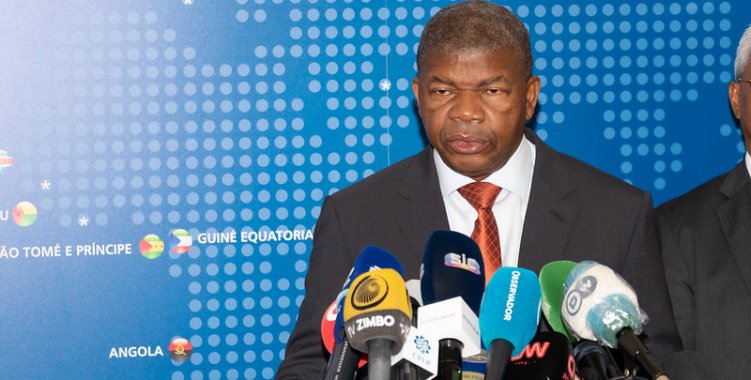The Angolan Presidency of the Community of Portuguese Language Countries (CPLP) comes to an end next Sunday, when the presidency passes to São Tomé and Príncipe, at the 14th Summit of Heads of State and Government of the organisation.
It took two years of political direction for an organization of nine States, representing around 270 million people, and which highlights the Mobility Agreement, approved at the XII summit, in July 2021, in Luanda and which resulted from a proposal by the Cape Verde presidency.
Approved by the nine Member States and ratified in 15 months by all, so far only Portugal, Cape Verde and Mozambique are already applying it domestically.
For the Angolan analyst Cláudio Silva, "the CPLP struggles a little to be relevant, to continue to be relevant. Society takes time to see the benefits of these policies and has some difficulty in seeing how useful the body itself is".
Electing the issue of mobility as the most important that emerged from the Luanda summit, Cláudio Silva adds that it is a "challenge" but concludes that "he expected a little more from the Angolan presidency and from the CPLP in general, as a whole".
"It doesn't matter who the country presides over. I would like to see something much more concrete in the CPLP policies that have a direct impact on the lives of the citizens of those countries", he stresses.
Vasco Martins, from the Center for Social Studies at the University of Coimbra, is of the opinion that Angola should "have an increased sensitivity" in relation to mobility.
"I know, for example, that Angolan colleagues, friends and Angolan friends who come to Portugal have periods of six, seven, eight months to apply for a visa. Once this visa is paid, you pay the fee and after meeting and submitting the documents you can simply not even be issued", he exemplified.
"Therefore, it does not seem to me that in terms of mobility progress has been made", he added, noting that the ideal would be the "total suppression of visas (...) and that was not achieved".
Combating the lack of relevance and notoriety of the CPLP are other shortcomings pointed out by the two analysts of the Angolan presidency.
"We heard many statements, but on the ground the common citizen sees an absence of the CPLP", summarizes Cláudio Silva, defending that the CPLP "has to make sense and has to take concrete actions to improve the lives of the citizens of member countries".
The alternative is "to run the risk of becoming increasingly irrelevant to society", he summarizes.
Asked whether this risk stems from the policies applied by the CPLP or from the lack of knowledge on the part of civil societies, the Angolan analyst replies that the two hypotheses "feed each other".
"I think it's a bit of both, with more concrete policies that have a direct benefit in the lives of citizens, which could even be better known. One feeds the other. The lack of knowledge of a large part of the public about the policies of the CPLP are a direct result of its own lack of activity, of the lack of concrete actions", he explained.
Vasco Martins interprets the irrelevance that has not been undone with the agendas of each country which, in the case of Angola, he considers to be obvious.
"Whether or not the CPLP has been a qualitatively and quantitatively successful force, probably, looking at the Angolan economy, I could say no. It doesn't seem to have been," he said.
"Angola is interested in the idea of creating a business environment which is a common expression in the Angolan political lexicon, the idea of creating a good business environment to attract foreign investment", he advanced.
Angola's agenda has not changed for decades, regardless of the organization in which the country is integrated, and involves implementing the "idea of attracting foreign investment, creating a good business environment, whatever that is, really".
As for the question of the knowledge that civil societies have of the CPLP, namely the Angolan one, Vasco Martins questions the relationship that the Angolan State maintains with its own civil society.
"First we have to understand what Angola, as a State, does for its own civil society. even beyond the historical component of not having this type of opening, there is not a great democratic preparation in what is State communication, as an agent that encompasses a population and that has to communicate", he defended.







